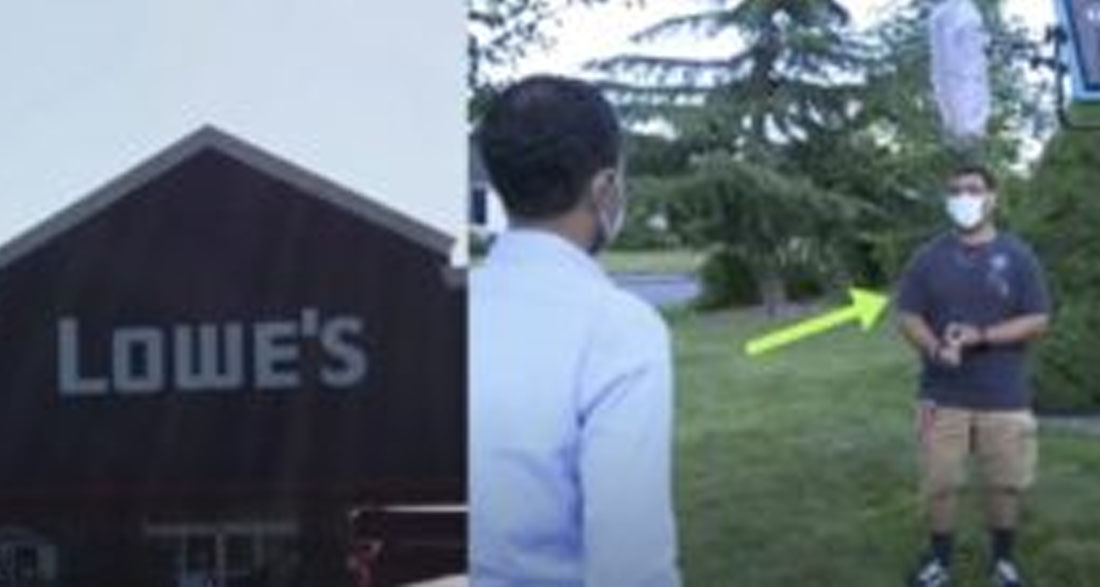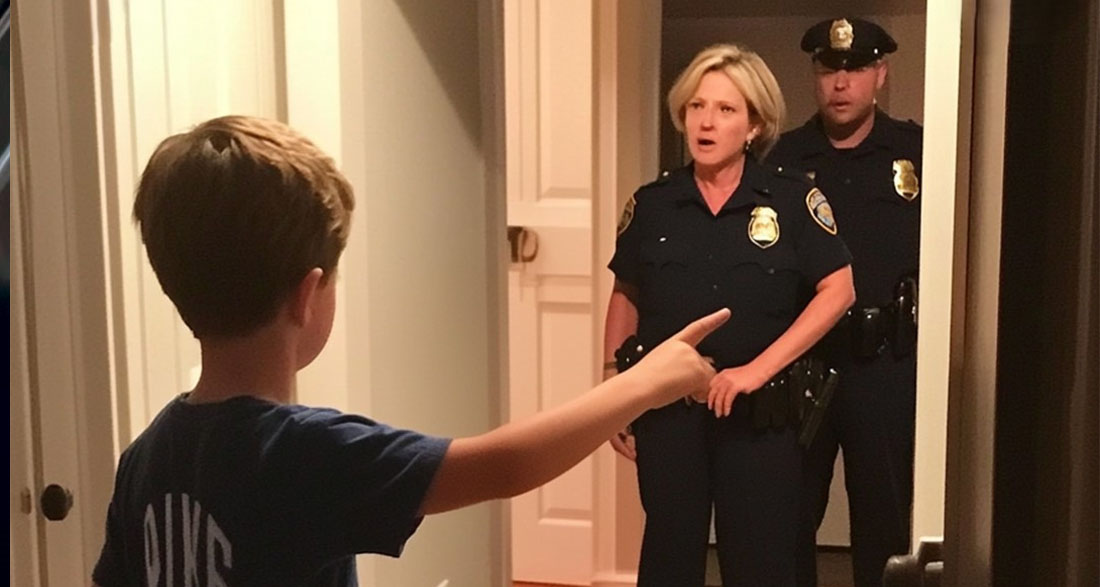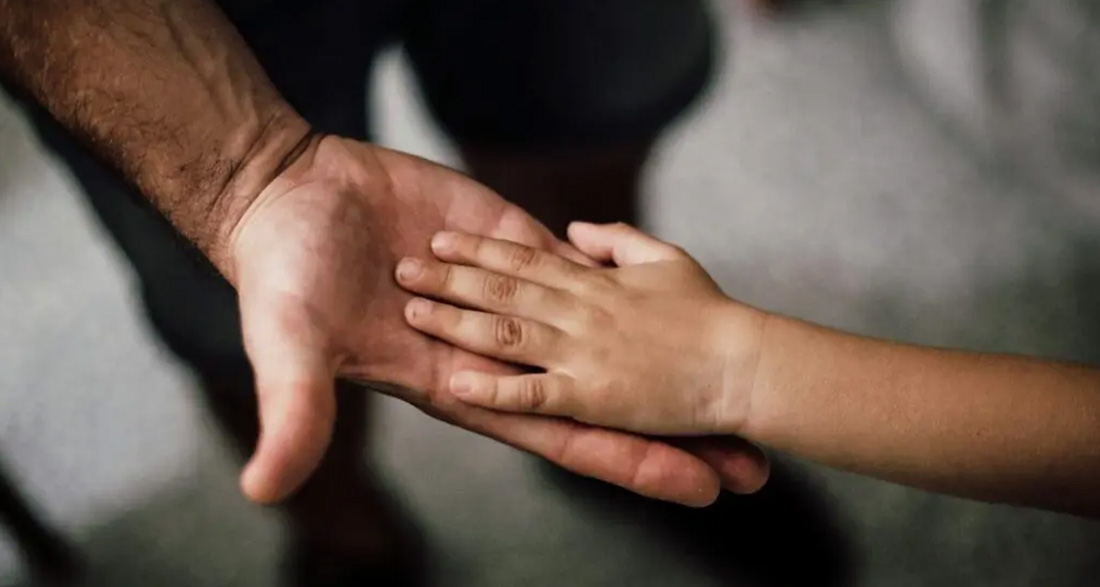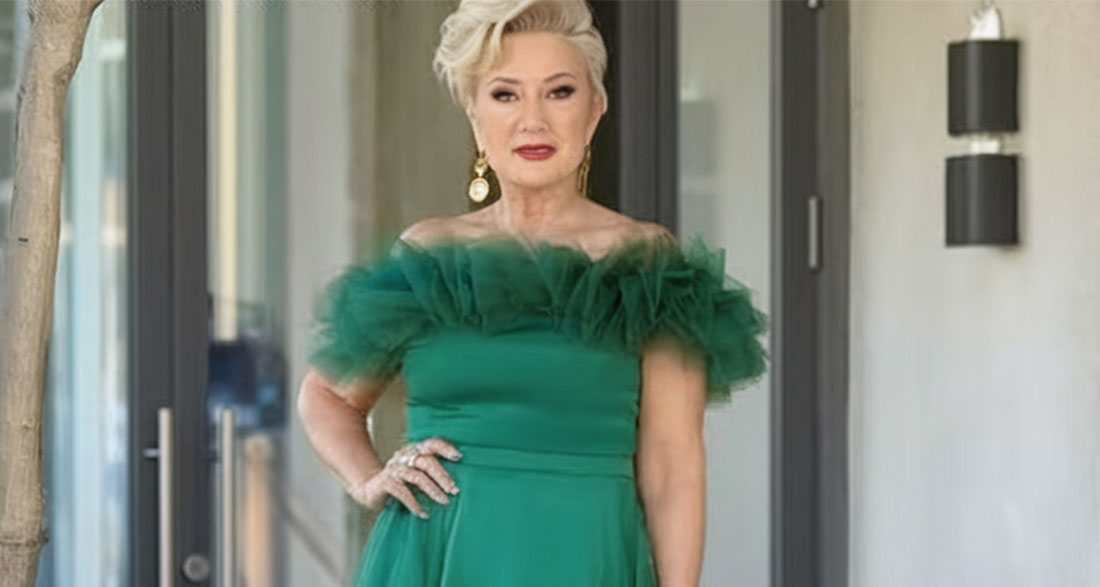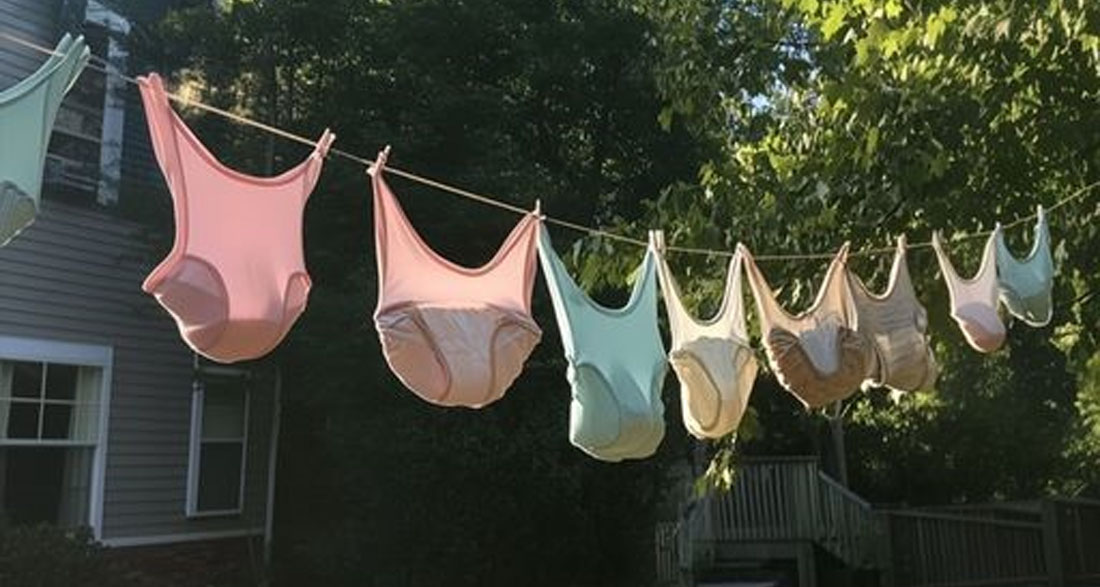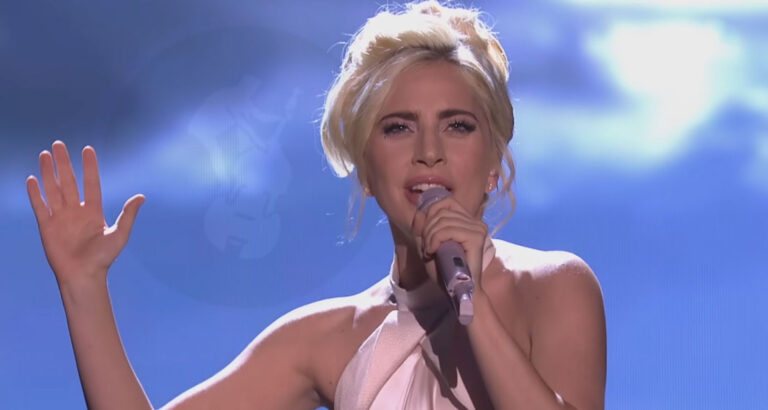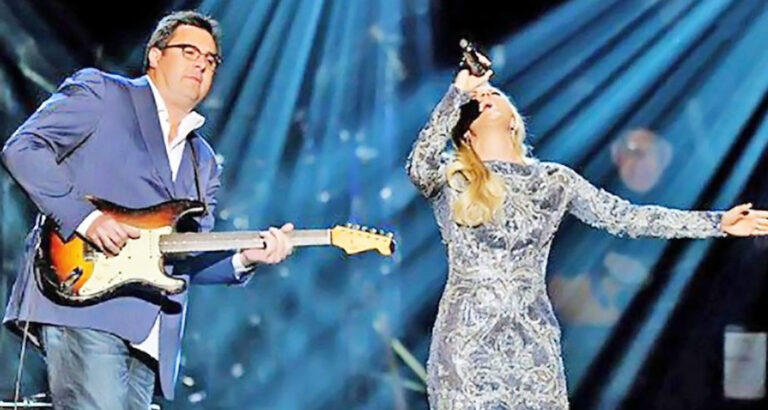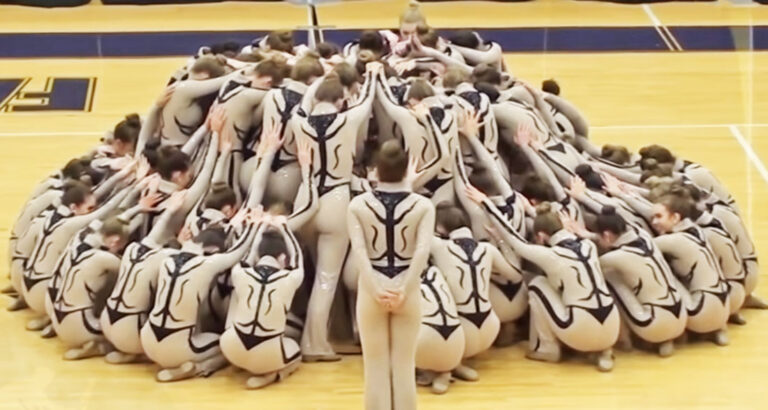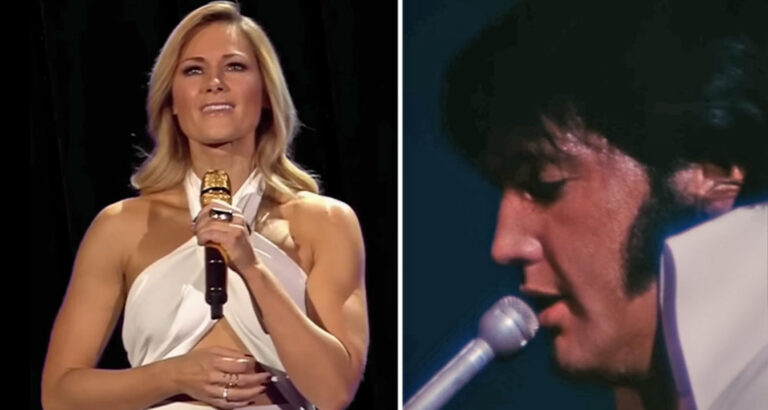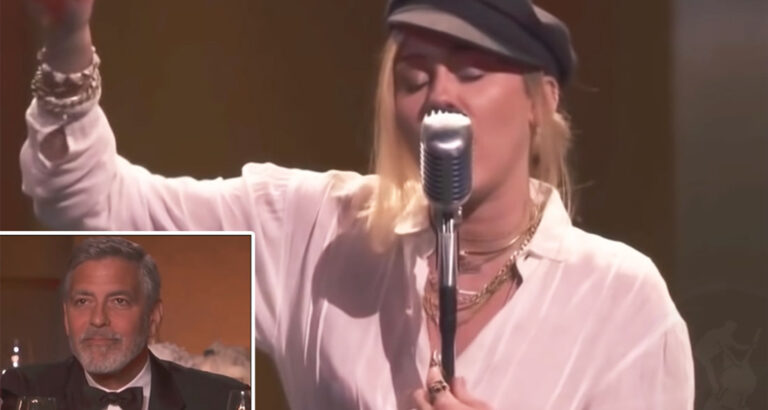Kyle Sales, a young employee at a Lowe’s store in Washington, couldn’t believe what he was hearing. Just a few months into his job at the hardware chain, he had a run-in that left him both angry and disappointed. All because of a t-shirt.
One day, Kyle came to work wearing a shirt featuring the words, “Black Panther Wakanda Forever,” a tribute to the popular Marvel movie about the Black Panther superhero. But during his shift, a supervisor pulled him aside and looked at him with concern. She said, “A customer said your shirt is offensive and racist.”
Kyle was stunned. “This is from a movie. How is this racist?” he questioned, trying to make sense of the situation. For him, the shirt represented pride and inspiration, not offense. But his supervisor insisted. She warned him he had two choices: either buy a new shirt from the store to wear instead or leave and go home to change.
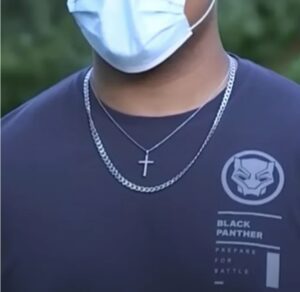
“I was very angry,” Kyle admitted later, still upset about the unfair treatment. “It just did not seem fair in light of all the things that are happening in our world right now. This isn’t racist. I shouldn’t be punished for a t-shirt from a movie.” Although his feelings were strong, he decided to compromise. Kyle covered up his superhero shirt with a sports jersey, just to keep the peace.
But it wasn’t over. The following day, he learned that the same customer returned to the store, furious, demanding to know what consequences Kyle had faced. “She came in throwing a fit, saying, ‘What happened to that kid? What was his punishment?’” he recounted, bewildered by the woman’s persistence.
This incident brought up old memories for Kyle, memories he had hoped were behind him. As a young Black man, he had dealt with discrimination before, both in high school and previous jobs. He remembered classmates calling him the N-word and even recalled a former boss referring to him as “colored boy.” Now, this episode at Lowe’s felt like another wound.
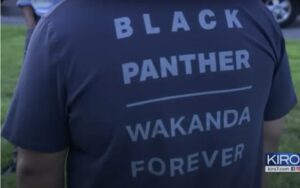
Kyle’s mother, Kimberly, was deeply hurt and outraged. She didn’t hold back her feelings, saying it was “pure, unadulterated discrimination.” Kimberly believed Lowe’s owed her son “more than an apology.”
Eventually, Lowe’s responded to the incident, releasing a statement through a local CBS affiliate. “Mr. Sales should never have been asked to change his shirt, and we have apologized to him directly,” a spokesperson explained. “We know this is a teachable moment, and we will take action to coach and train the managers at the store to help prevent this from happening again.
Diversity and inclusion are important to our culture at Lowe’s, and we remain committed to fostering an environment where all individuals are safe, treated fairly, valued, and respected.”
As Kyle continues to prepare for college at Washington State University, he hopes that moments like these will become rare and that workplaces will truly stand by their values of fairness and respect.
What are your thoughts on this incident? Should Kyle have been asked to change his shirt, or was he right to feel unfairly targeted? Share your thoughts in the comments below!


